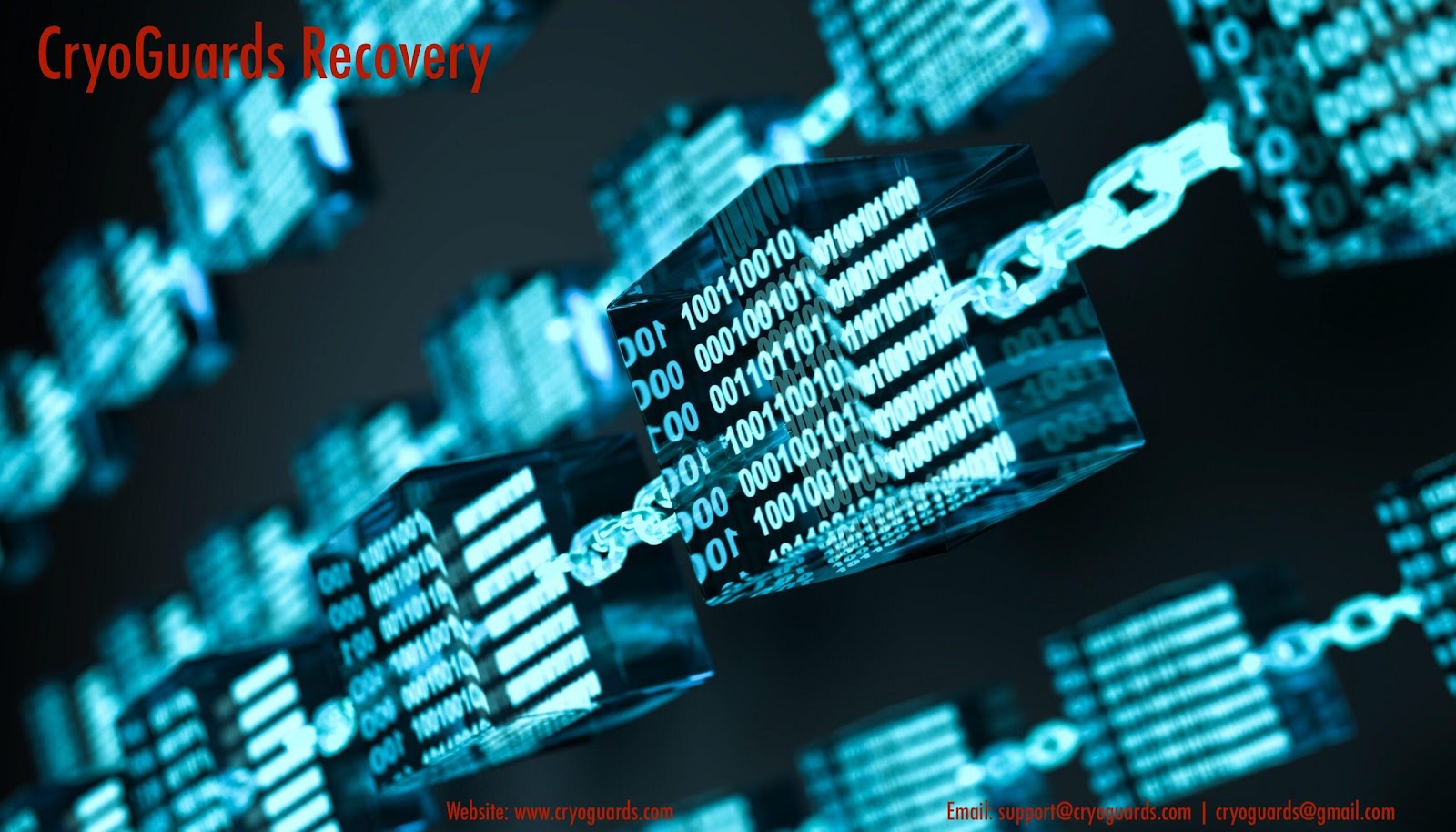We've all been there. You're drowning in tasks, your brain feels like scrambled eggs, and someone suggests downloading the latest app that promises to revolutionize your workflow. But here's the million-dollar question: do these digital solutions actually deliver on their bold claims, or are we just trading one form of distraction for another?
The Shiny Object Syndrome
Let's be honest, there's something irresistible about a brand-new productivity app. The clean interface, the promise of organized bliss, the hope that this will be the tool that finally gets your life together. I've downloaded more task managers than I care to admit, each time convinced I'd found the holy grail.
But here's what I've learned: the tool itself isn't magic. It's just a tool.
When Digital Helpers Work
Don't get me wrong, productivity tools can be absolute game-changers when used correctly. They work best when they solve specific problems you're facing:
Time tracking apps help if you genuinely don't know where your hours go
Focus timers work wonders for people who struggle with time management
Project management platforms shine when you're juggling multiple complex tasks
Note-taking apps are brilliant for capturing fleeting thoughts and ideas
The key is matching the tool to your actual needs, not your imagined ones. If you're naturally organized but struggle with distractions, a Pomodoro timer might be your best friend. If you're creative but forgetful, a robust note-taking system could be life-changing.
The Productivity Irony
Here's where things get messy. Sometimes these tools create more work than they solve. You know what I'm talking about, spending two hours setting up the perfect workspace in Notion when you could have just, done the actual work.
This happens because:
We confuse organizing with doing
Setup becomes a form of productive procrastination
We get overwhelmed by too many features and options
The learning curve eats into actual productive time
I've watched colleagues spend entire afternoons customizing their digital planners while their actual deadlines whooshed by unnoticed.
The Human Factor Nobody Talks About
What productivity gurus rarely mention is that focus isn't just about having the right app, it's about understanding your own brain. Some people thrive with minimal digital interference. Others need the structure and reminders that technology provides.
Your personality matters too:
Visual learners might love kanban boards and colorful interfaces
Minimalists often prefer simple, distraction-free tools
Data lovers get energized by detailed analytics and progress tracking
Social types benefit from tools with collaboration features
Finding Your Sweet Spot
After years of experimenting (and yes, making plenty of mistakes), I've realized that the best productivity system is often the simplest one you'll use. That might be a basic to-do list app, or it could be an elaborate digital workspace, there's no one-size-fits-all answer.
The real test isn't whether a tool looks impressive or has thousands of five-star reviews. It's whether you're still using it six months later, and whether it's genuinely helping you accomplish what matters most.
The Bottom Line
Productivity tools can absolutely boost focus, but only if you choose wisely and use them intentionally. They're not magic bullets, and they won't fix deeper issues like unclear priorities or poor boundaries.
So before downloading that shiny new app, ask yourself: What specific problem am I trying to solve? Sometimes the answer might surprise you, and sometimes, it might not involve an app at all.




Want to add a comment?